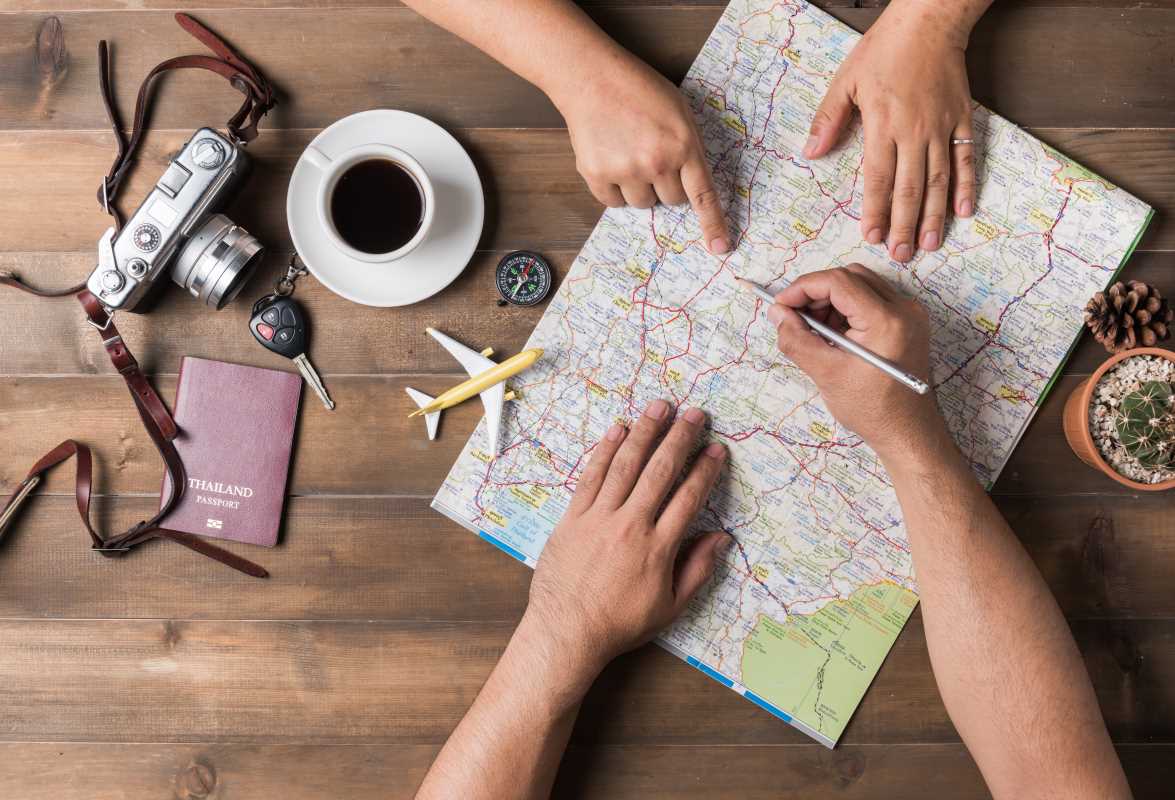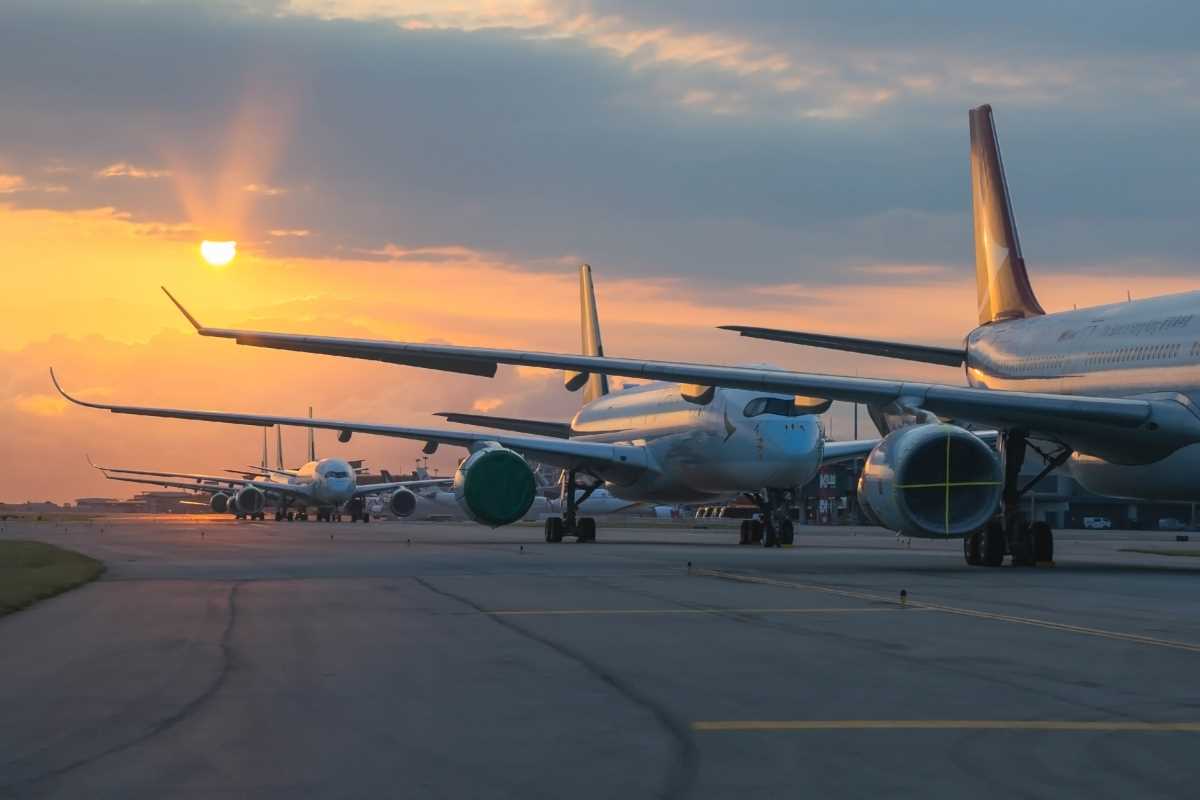Traveling opens the door to new adventures, cultures, and unforgettable memories. However, alongside the excitement of exploring new places comes the responsibility of managing your finances wisely. Without a solid plan, travel expenses can quickly spiral out of control, leaving you stressed and struggling to cover costs. The good news is that with thoughtful preparation and savvy choices, you can enjoy your journey without breaking the bank. Here are some top strategies to help you manage your travel expenses effectively and keep your budget intact.
Plan and Budget in Advance: The Foundation of Smart Travel
Before you even book your tickets or pack your bags, the most important step is to plan thoroughly and set a realistic budget. This groundwork sets the tone for how much you’ll spend and helps prevent costly surprises later on.
How to build your travel budget:
- Estimate key expenses: Research and list costs for accommodation, transportation (flights, trains, buses), daily meals, sightseeing, shopping, and miscellaneous expenses. Use travel blogs, forums, and price comparison websites for accurate information.
- Set daily spending limits: Once you have a rough total, break it down into a daily budget. This approach gives you clear spending boundaries and helps you prioritize activities.
- Include an emergency fund: Always allocate a small buffer amount for unexpected expenses like medical needs or last-minute changes.
Tools to help with budgeting
Travel budgeting apps such as Trail Wallet, TravelSpend, or simply a spreadsheet can track your planned vs. actual expenses, keeping you accountable throughout your trip.
Use Travel Reward Programs: Make Your Spending Work for You
Frequent travelers can greatly benefit from travel reward programs offered by airlines, hotels, and credit card companies. These programs allow you to accumulate points or miles with every purchase that can be redeemed for discounts or even free travel.
Maximizing rewards:
- Sign up early: Join airline frequent flyer programs and hotel loyalty clubs before booking your trip. Many programs offer sign-up bonuses that give you a head start.
- Choose the right credit card: Look for travel credit cards that offer generous rewards on travel-related purchases. Some cards offer perks such as free checked bags, priority boarding, or airport lounge access.
- Combine points: Some programs allow you to transfer points between airlines or hotels, giving you more flexibility in redemption.
- Keep an eye out for promotions: Airlines and hotels frequently offer limited-time promotions that accelerate point accumulation or provide discounted redemptions.
By leveraging these programs wisely, you can significantly reduce your travel costs over time.
Opt for Budget-Friendly Accommodations Without Sacrificing Comfort
Where you stay can be one of the largest expenses during travel. Fortunately, there are many alternatives to expensive hotels that can save you money while providing a comfortable experience.
Accommodation options to consider:
- Hostels: Modern hostels often provide private rooms in addition to dormitory-style lodging, and they offer excellent opportunities to meet fellow travelers.
- Guesthouses and B&Bs: Smaller, family-run properties often deliver a cozy atmosphere and personalized service at a fraction of hotel prices.
- Vacation rentals: Platforms like Airbnb and Vrbo offer apartments or homes, which can be especially economical for longer stays or group travel, allowing you to cook meals and save on dining out.
- Home exchanges: Consider swapping homes with someone in your destination city to experience local life without accommodation costs.
Tips for snagging deals
- Book well in advance to secure the best rates or use last-minute deal apps if you prefer flexibility.
- Look for accommodations a little outside major tourist hubs; they’re often cheaper and offer a more authentic experience.
- Check reviews and verify amenities to ensure your budget lodging still meets your comfort needs.
Pack Light: Avoid Extra Fees and Travel Hassles
Airlines are increasingly strict about baggage, with many charging high fees for checked luggage or even carry-ons over certain sizes. Packing light not only saves money but also makes travel more convenient.
How to pack smart:
- Choose versatile clothing: Select pieces that can mix and match easily, allowing you to create multiple outfits without overpacking.
- Limit shoes: Shoes are bulky and heavy. Stick to two or three pairs suitable for different activities.
- Use packing cubes: These help organize and compress clothing to maximize space.
- Check airline baggage policies: Know weight limits and size restrictions to avoid surprises at the airport.
By reducing your luggage to essentials, you minimize baggage fees and move more freely through airports and transport hubs.
Track Expenses and Keep Receipts: Stay on Top of Your Spending
Even with a budget, it’s easy to lose track of daily spending during the excitement of travel. Keeping a close eye on expenses helps you adjust your habits before overspending becomes an issue.
Practical ways to monitor spending:
- Use a travel expense app that allows you to log purchases as you go, categorize expenses, and compare against your budget in real time.
- Save physical or digital receipts for meals, transportation, souvenirs, and tickets. This can also be important if you need to submit expenses for work travel reimbursements or keep records for tax purposes.
- Review your daily expenses each evening to identify any areas where you may be going over budget and plan accordingly for the next day.
Developing this habit encourages mindful spending and ensures you stay financially on track throughout your journey.
Seek Local Dining and Transportation Options: Experience Authenticity and Save Money
Tourist areas tend to have inflated prices, especially for meals and taxis. Embracing local alternatives can save you money while enriching your travel experience.
How to eat and get around like a local:
- Try street food and local eateries: These often offer delicious, authentic dishes at a fraction of the price of tourist restaurants. Plus, it’s a great way to experience the culture.
- Use public transportation: Buses, subways, and trams are typically much cheaper than taxis or ride-sharing services. Many cities offer day passes or multi-trip tickets for additional savings.
- Rent bikes or scooters: In some destinations, this is an affordable and fun way to explore neighborhoods.
- Walk whenever possible: Besides saving money, walking allows you to discover hidden gems and interact with locals.
By choosing local options, you gain deeper cultural insights while protecting your wallet.
Additional Tips for Managing Travel Expenses
- Book flights during sales or off-peak times: Use fare comparison sites and set alerts for price drops.
- Travel in shoulder seasons: Visiting destinations just before or after peak tourist season can dramatically reduce costs on flights, accommodation, and activities.
- Use multi-city or open-jaw tickets: If your itinerary includes multiple destinations, these can sometimes be cheaper than booking separate flights.
- Avoid unnecessary shopping: Limit souvenirs to meaningful, small items to keep spending in check.
- Use cash when appropriate: Some vendors offer discounts for cash payments and you avoid foreign transaction fees.
 (Image via
(Image via





